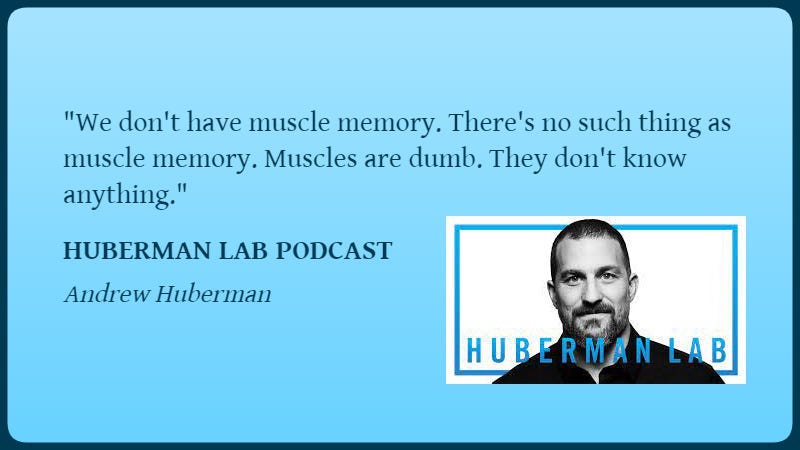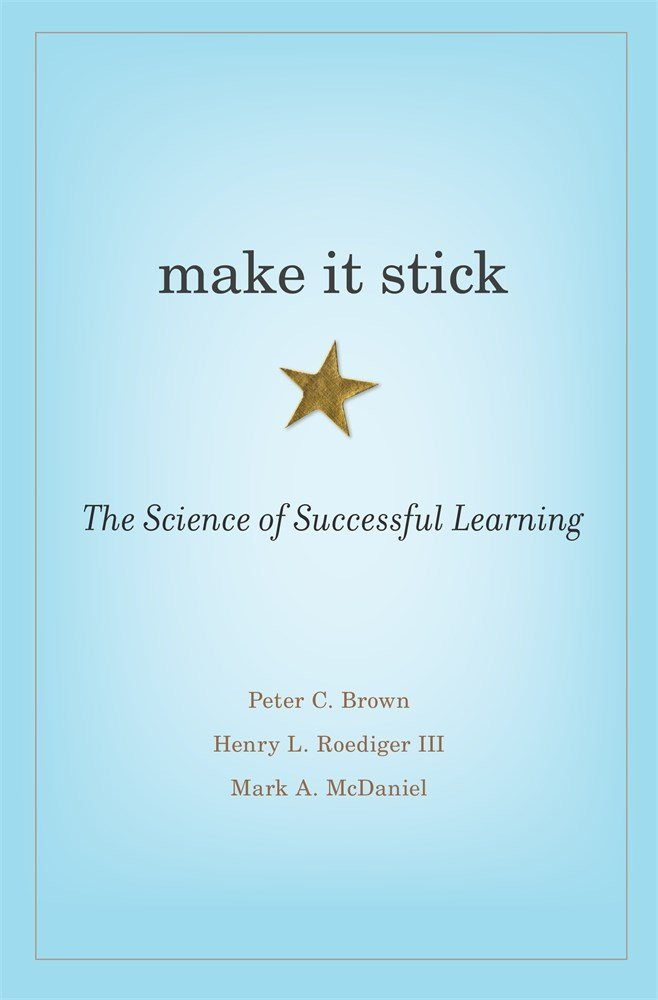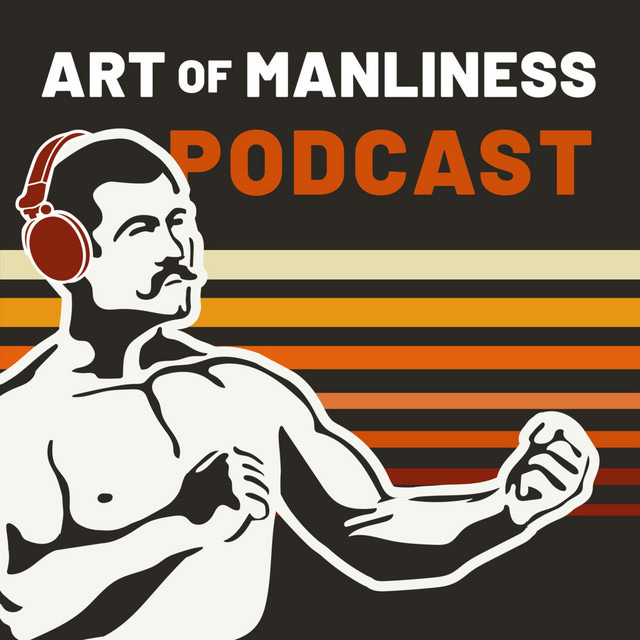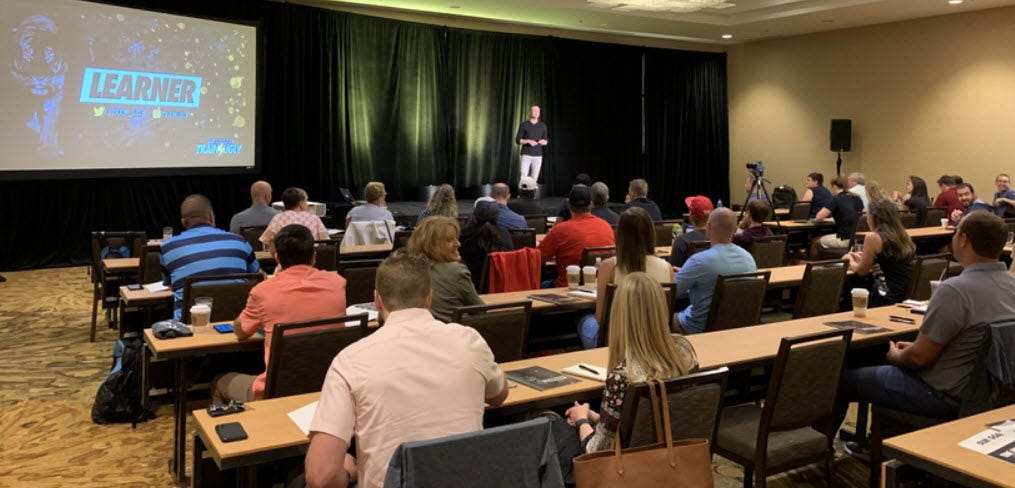Why does progress from building muscle memory sometimes disappear after a successful MTB practice session?
Muscle memory is a myth. You have to train ugly.
There's no such thing as muscle memory, says neuroscientist Andrew Huberman, host of the Huberman Lab podcast.
Yes, muscle memory is a handy metaphor to describe repetition as the key to developing motor skills. But there’s a problem with using that metaphor.
Muscle memory vs. train ugly
Here’s a 7-minute excerpt of me talking about this from my recent appearance (How to Practice w/ Griff Wigley) on the podcast, The Art of Mountain Biking: The way you ride is the way you live. I’m calling it the “muscle memory vs. train ugly” segment:
TL;DR summary
The research is overwhelming that after an initial period of repetitions from short-term memory, we learn a skill more effectively when we attempt retrieval from long-term memory. Practice sessions structured to be deliberately more complicated —when you 'train ugly'— are more effective in the long run. Unfortunately, we can't determine the effectiveness of our practice session until much later—one or more days.
Make It Stick
Here’s an excerpt from the book, Make It Stick—The Science of Successful Learning:
[See footnote1 about practice terminology]
It’s widely believed by teachers, trainers, and coaches that the most effective way to master a new skill is to give it dogged, single-minded focus, practicing over and over until you’ve got it down. Our faith in this runs deep, because most of us see fast gains during the learning phase of massed practice. What’s apparent from the research is that gains achieved during massed practice are transitory and melt away quickly.
The evidence favoring variable training has been supported by recent neuroimaging studies that suggest that different kinds of practice engage different parts of the brain.
The learning of motor skills from varied practice, which is more cognitively challenging than massed practice, appears to be consolidated in an area of the brain associated with the more difficult process of learning higher-order motor skills.
The learning of motor skills from massed practice, on the other hand, appears to be consolidated in a different area of the brain that is used for learning more cognitively simple and less challenging motor skills.
The inference is that learning gained through the less challenging, massed form of practice is encoded in a simpler or comparatively impoverished representation than the learning gained from the varied and more challenging practice which demands more brain power and encodes the learning in a more flexible representation that can be applied more broadly.
[See footnote2 about when many repetitions are helpful]
Why It Won’t Stick
Here is a 1-minute audio clip excerpt from episode #385 of the Art of Manliness podcast interview with Peter Brown, co-author of the book Make it Stick: The Science of Successful Learning. See the transcript of the audio below.
Peter Brown transcript:
But what I found was counterintuitive, that what we are drawn to, the kinds of strategies we're drawn to, are very low-yield strategies -- things like focusing on trying to get new learning into the brain by reading and rereading, or standing in front of your golf ball, trying to master your 20-foot putt by doing it over and over and over again in a massed fashion.
Those kinds of strategies intuitively feel productive because you become fluent in the text or something you've read many times, or you see actual gains in your 20-foot putt after 10 or 15 attempts.
But what you don't understand is that the fluency A) the material won't stick just by re-reading it; B) you can't really describe the underlying concepts just by re-reading something.
And then the case of a motor skill like your 20-foot putt, the improvements that you've seen in that kind of practice are leaning on short-term memory. The stuff hasn't gone into long-term memory, and that's a real problem that we're not somehow wired to be aware of as learners.
Train Ugly
Trevor Ragan founded The Learning Lab: The Science of Learning Simplified. It's all about "unpacking the science of how to get better at getting better."
I attended one of his workshops in Denver back in 2019.
Trevor called the previous version of his website Train Ugly which mainly dealt with learning motor skills. [There's still a Train Ugly page "...focused strictly on motor learning principles + practice/drill design."]
One of the three YouTube videos featured on that page is titled "Motor Learning: Block vs Random Practice."
There's a 3-minute segment that starts at the 6-minute mark that's especially relevant. The sports examples feature basketball and golf but relate closely to mountain biking. Click here to view that segment of the video.
Reflection:
Do you remember a time when the progress you made during practice didn't stick when you practiced it again a day or more later? Add a comment below.
Footnotes
Focusing solely on many repetitions in practice is known in the literature as 'massed’ or 'blocked’ practice. Among other strategies during a session are spaced, random, varied, and interleaved practice.
When learning a motor skill that's totally new to you, research indicates that frequent repetition of the mistaken move can initially be helpful because it signals the brain for neuroplasticity. But once some initial progress is made, a shift to other practice strategies is suggested.









I agree that the 'muscle memory' concept is just a metaphor but I can see why - those ingrained reactions make it feel like it is your msucles responding because you are not engaging your concious mind. In fact your conscious mind often gets in the way when you engage it.
As an IT nerd I prefer a RAM vs ROM analogy though - blocked practice writes the movement patterns into RAM, but when you shut down you can lose it. You need to take the time to write the movements over to ROM and that is mainly due to mental review, variability and real life usgae. But without the initial moves to punt the info into RAM , you can't then transfer to ROM - no matter how many videos I watch or learning posts I comment on ;)
As an aside I've learnt to flip a watering can and catch it by the handle through a series of variable repetitions. Pretty much every morning for the last year I've topped up the birdbaths and then attempt to flip the can once or twice walking back. Initially I dropped it almost every time or caught it awkardly by the top handle. After a year or I can catch it by the side handle 60%+ of the time. It's been fascinating to watch my brain figuring it out.